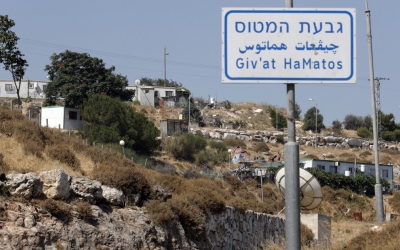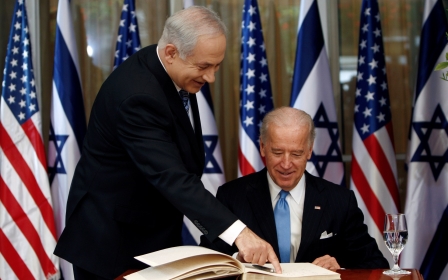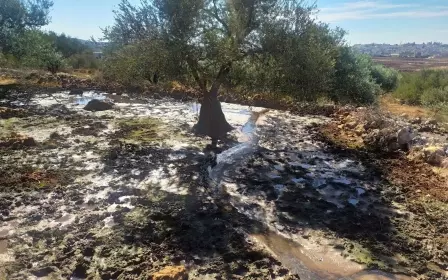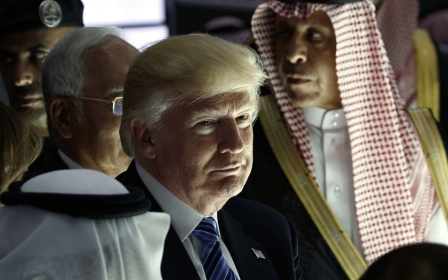Israel to expand settlements in East Jerusalem during Trump's last days
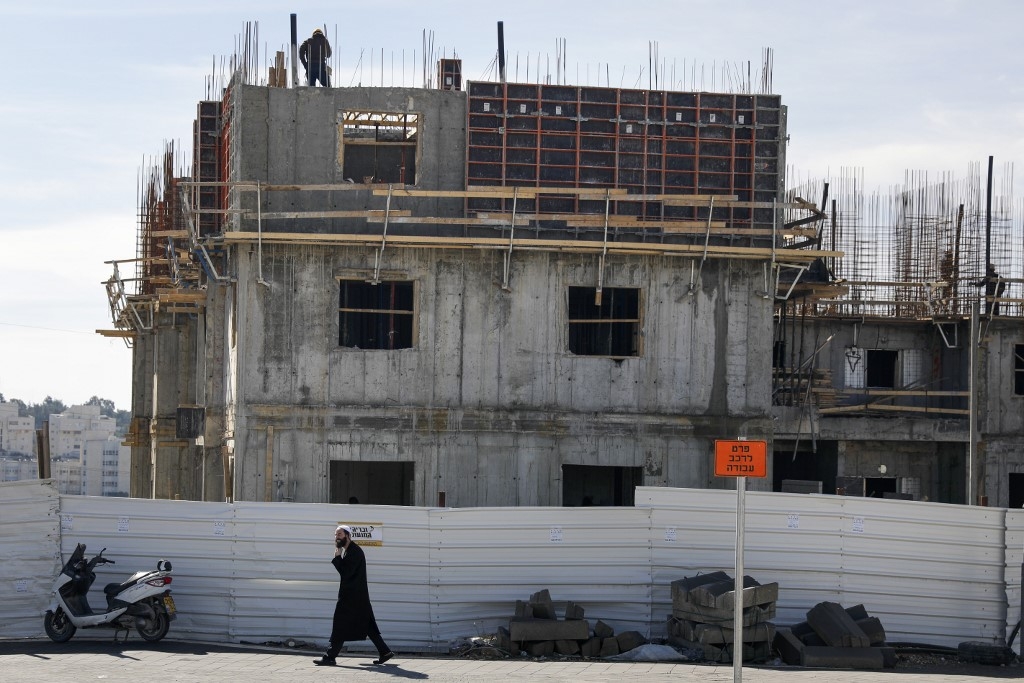
The Israeli municipality in Jerusalem is pushing to build settlement units that would cut off two Palestinian-majority areas of occupied East Jerusalem prior to the inauguration of US president-elect Joe Biden on 20 January.
Settlement units are planned in Har Homa, Givat Hamatos and Atarot, which would cut the Palestinian neighbourhoods of Beit Safafa and Sharafat, curtailing any chance of splitting the holy city, the east part of which is sought by Palestinians, in any future talks around a two-state solution. Another settlement expansion is planned for Ramat Shlomo, north of East Jerusalem.
The village of Beit Safafa and the Sharafat neighbourhood, both located just north of the Palestinian city of Bethlehem in the occupied West Bank, were occupied by Israel in the 1967 Middle East war, and are now home to some 25,000 Palestinian residents of East Jerusalem.
Israel's municipality of Jerusalem on Tuesday ratified the building of 108 settler units in Ramat Shlomo before Biden enters the Oval Office in January.
During Barack Obama's presidency, the US administration asked the Israeli government to freeze building 1,800 settlement units in Ramat Shlomo in 2010, and 2,610 illegal settlement units in Givat Hamatos in 2014.
But the coin was flipped during the administration of US President Donald Trump and in February the Israeli government put an end to the freeze, with Israel’s Lands Authority and the Ministry of Housing issuing tenders for 1,077 of the 2,610 housing units in Givat Hamatos.
'The problem is Bibi'
Ethiopian and Russian-Israeli Jewish settlers have since settled in mobile homes in the 170-dunam (42 acres) area, which is served by public transport.
Prime Minister Benjamin Netanyahu, ahead of the Israeli elections in March, announced that he planned to authorise the construction of some 3,500 homes for Jewish settlers in one of the most sensitive areas of the West Bank.
The plan, known as E1, involves building hundreds of settlement units to link the settlements of Kfar Adumim and Maale Adumim with East Jerusalem in the Israeli-controlled Area C of the West Bank.
According to Haaretz, Israeli right-wing leaders lambasted Netanyahu for not building enough settlement units during Trump's administration. Arieh King, a settler activist who became deputy mayor of Jerusalem, was quoted on Thursday as saying that "the problem is Bibi [Netanyahu], not Biden. He is the only guilty party in the construction freeze in Jerusalem."
Aviv Tatarsky, from the human rights group Ir Amim, said that "Netanyahu's government is taking advantage of the end of Trump's term in order to implement a quick step that would restrict Israel and prevent at any cost a future political settlement," eliminating any chance of a possible solution to the Israel-Palestine conflict under Biden's administration.
Netanyahu lost a close friend in the White House when Trump was defeated in the US election. The Israeli premier is currently facing corruption charges for which he could face a maximum sentence of 10 years in prison if found guilty, and his trial will be hearing witnesses in January 2021.
Middle East Eye delivers independent and unrivalled coverage and analysis of the Middle East, North Africa and beyond. To learn more about republishing this content and the associated fees, please fill out this form. More about MEE can be found here.


